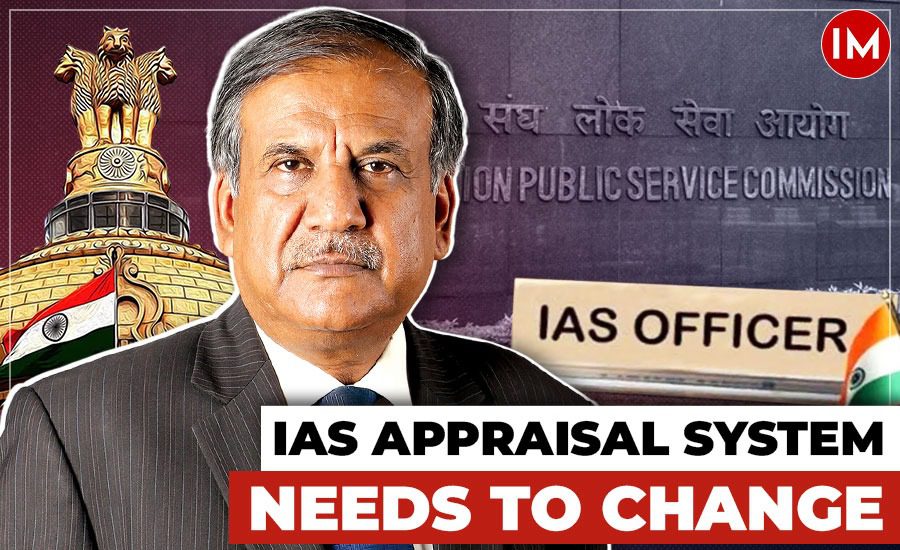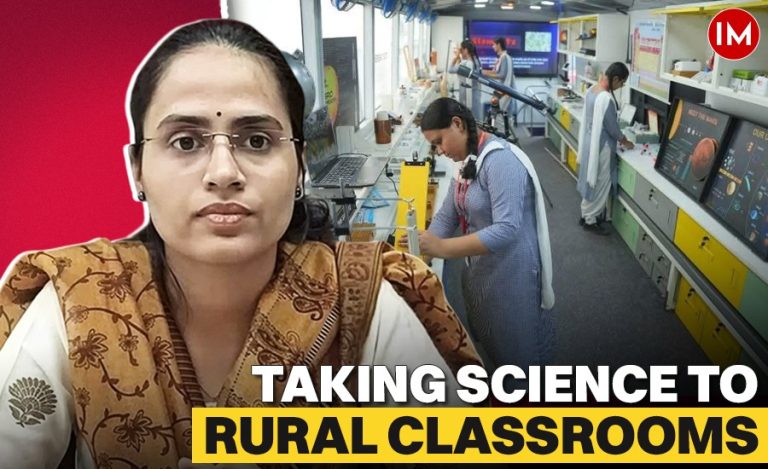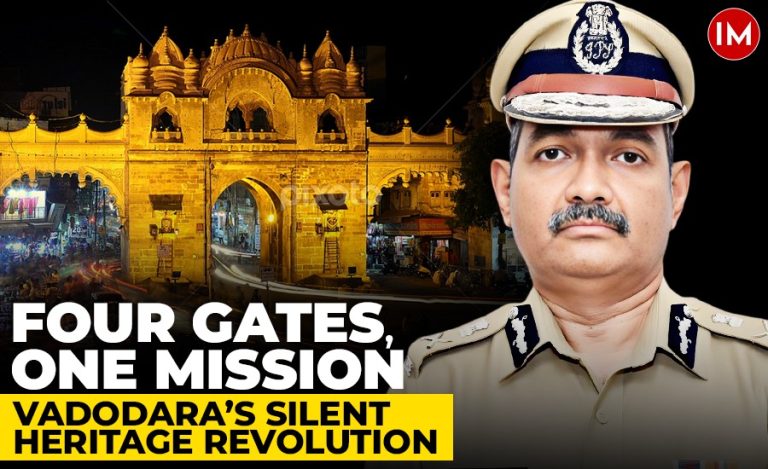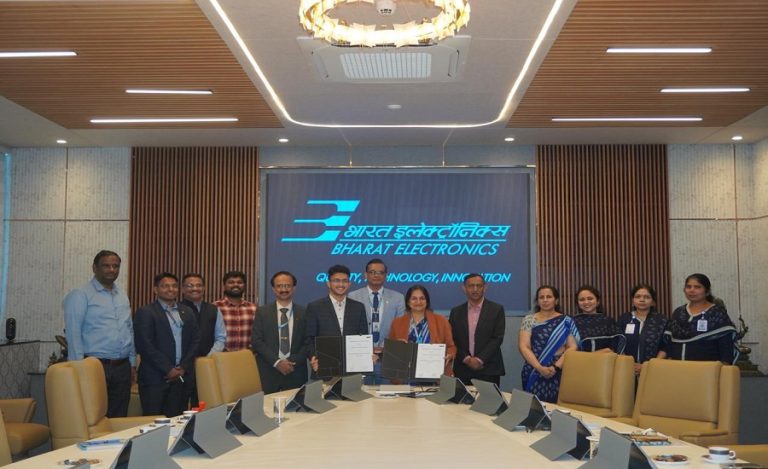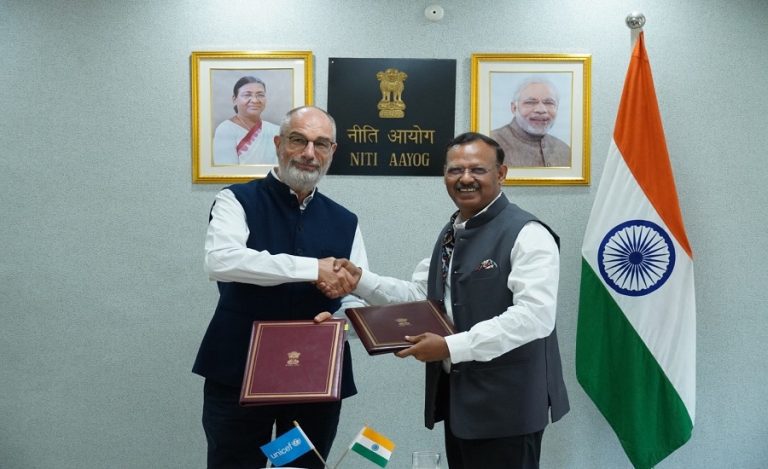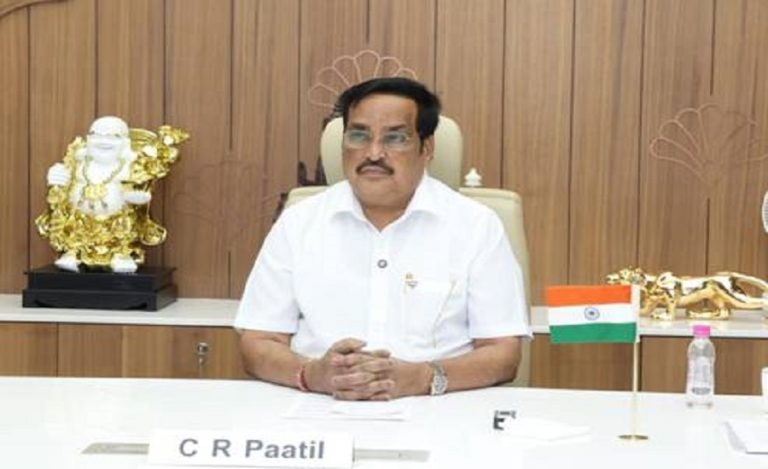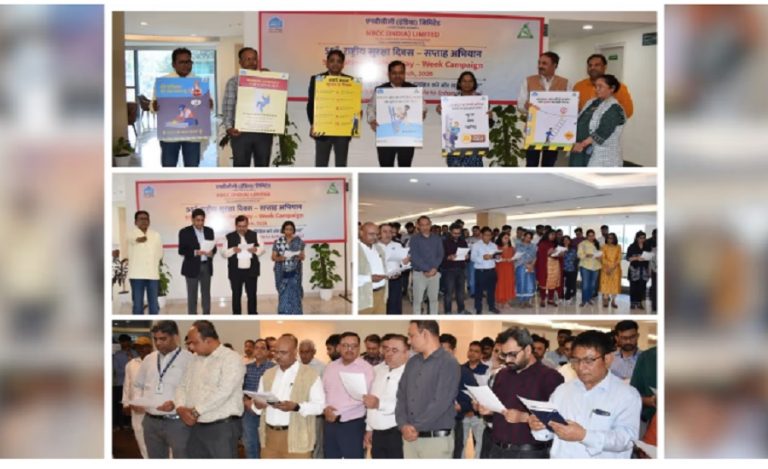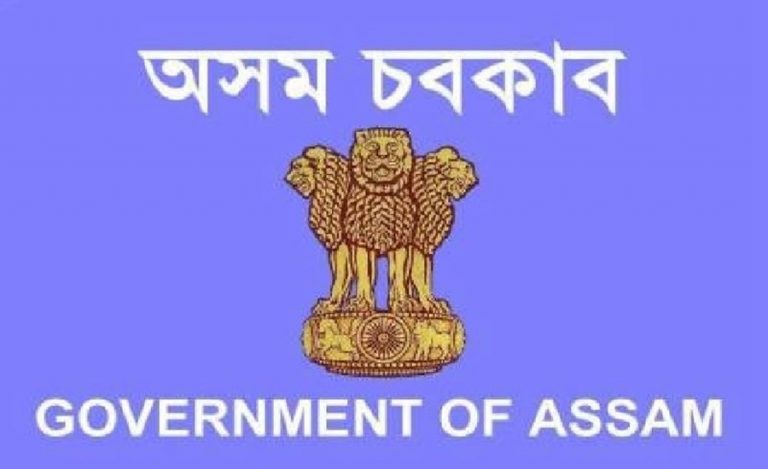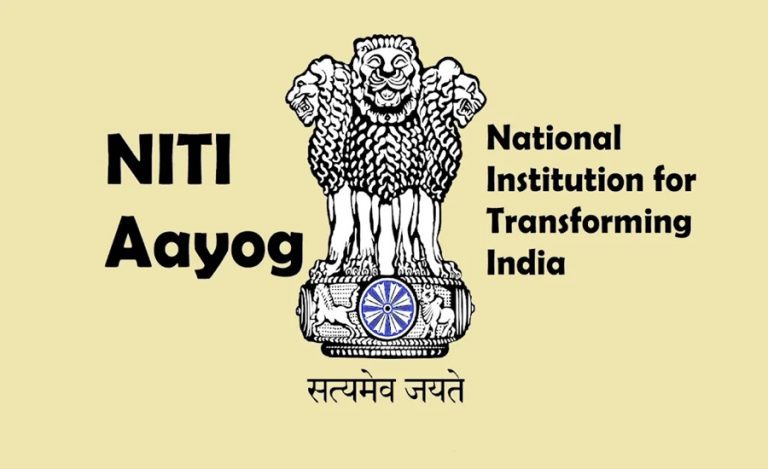What are the qualities of a good IAS officer? Should specialised ministries be manned by specialised people? Why do IAS officers tend to think themselves as a royalty? How can the trait to be part of ruling class be corrected? Do time-bound promotions impact merit and efficiency of IAS officers? What can be the ideal system of evaluation and promotions?
Does piecemeal extension of tenures affect fairness of the officer? Does clamour for post-retirement jobs impact the services? How can politicisation of bureaucracy be checked?
If you want to know the answer to these questions, kindly click on this link to watch the full interview of Mr Deepak Gupta, former UPSC Chairman.
If IAS officers are empanelled en mass batch wise, what is the incentive to be efficient and honest? Empanelment for deputation to the centre, at the level of Joint Secretary and Additional Secretary sets one set of officers from others. Those efficient are empanelled and serve the centre while others serve their own state. But, this also creates a piquant situation. The state government are left to be served by less efficient officers and the cream goes to the centre.
My recommendation is that this segregation needs to be done away with. Those not empanelled first time should be given chance a year later and if they can’t qualify for the empanelment then also, then they have no right to be in service. They should be pensioned off.
Won’t this create a scarcity of officers? No, if the government enhances retired age of empanelled officers to 62 or even more than that, may be 65. You needed efficient and experienced officers to run a government – both at the centre and the state.
In fact, more officers should be recruited at the beginning. There is a shortage of 1000 IAS officers in the country today. Why can’t we recruit more IAS officers, retain the more efficient officers and lay off the less efficient ones. Then there will be no need for any extension to be granted to any officer.
A system which does not reward its good officers but also does not punish the bad officers, is the worst. Today we are neither rewarding good officers nor are we punishing the bad officers. That’s why, it has to change. This system should be applicable to not only IAS but to other services as well.
While the government is working towards reducing the number of exams, you are advocating separate exam for the IAS and other services like accounts. Won’t this subject an aspirant to sit for an exam every month, if not every week? “No. There should be a common prelim exam and the toppers should sit only for the IAS and rest for other services. Then there should be different eligibility conditions for other exams like a degree in accounts, business management or commerce for Accounts Services”, says Mr Gupta adding if there is a will, a way can be found but we should certainly not be continuing the present system.
The appraisal system too needs to be changed. First it was based only on an officer’s Confidential Report (CR) written by his/her immediate boss. Then the government mandated that CR should be shown to the subordinates. That completely damaged the system. Everyone got outstanding rankings. That’s why everybody gets promoted.
What is 360-degree evaluation is how has it impacted the service? It involves getting opinion from outsiders as well. But, even this has its own pitfalls because the outsider too might be partisan – too fond of the officer being evaluated or not fond of him at all. This will generate subjective opinion. “To remove these discrepancies the evaluation should be done through the UPSC in a very objective way. The officer should be asked to wrote two essays – first, what you have done so far and second, what you want to do in future. With his CR and 360 degree appraisal already in hand, in two hours interview UPSC interview board can assess the person transparently – doodh ka dooth, paani ka paani”, says Mr Gupta.

